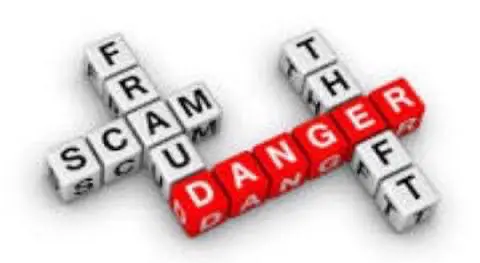Since February 2020, the National Fraud Intelligence Bureau has identified reports of fraud where Coronavirus was mentioned along with multiple reports about coronavirus-themed phishing emails attempting to trick people into opening malicious attachments or revealing sensitive personal and financial information.
One common tactic used by fraudsters is to contact potential victims over email purporting to be from research organisation’s affiliated with the Centres for Disease Control and Prevention (CDC) and the World Health Organisation (WHO).
Protect Yourself
Watch out for scam messages:
Don’t click on the links or attachments in suspicious emails, and never respond to unsolicited messages and calls that ask for your personal or financial details.
Shopping online:
If you’re making a purchase from a company or person you don’t know and trust, carry out some research first, and ask a friend or family member for advice before completing the purchase. If you decide to go ahead with the purchase, use a credit card if you have one, as most major credit card providers insure online purchases.
For more information on how to shop online safely, please visit:
https://www.actionfraud.police.uk/shoponlinesafely
Protect your devices from the latest threats:
Always install the latest software and app updates to protect your devices from the latest threats. For information on how to update your devices, please visit:

